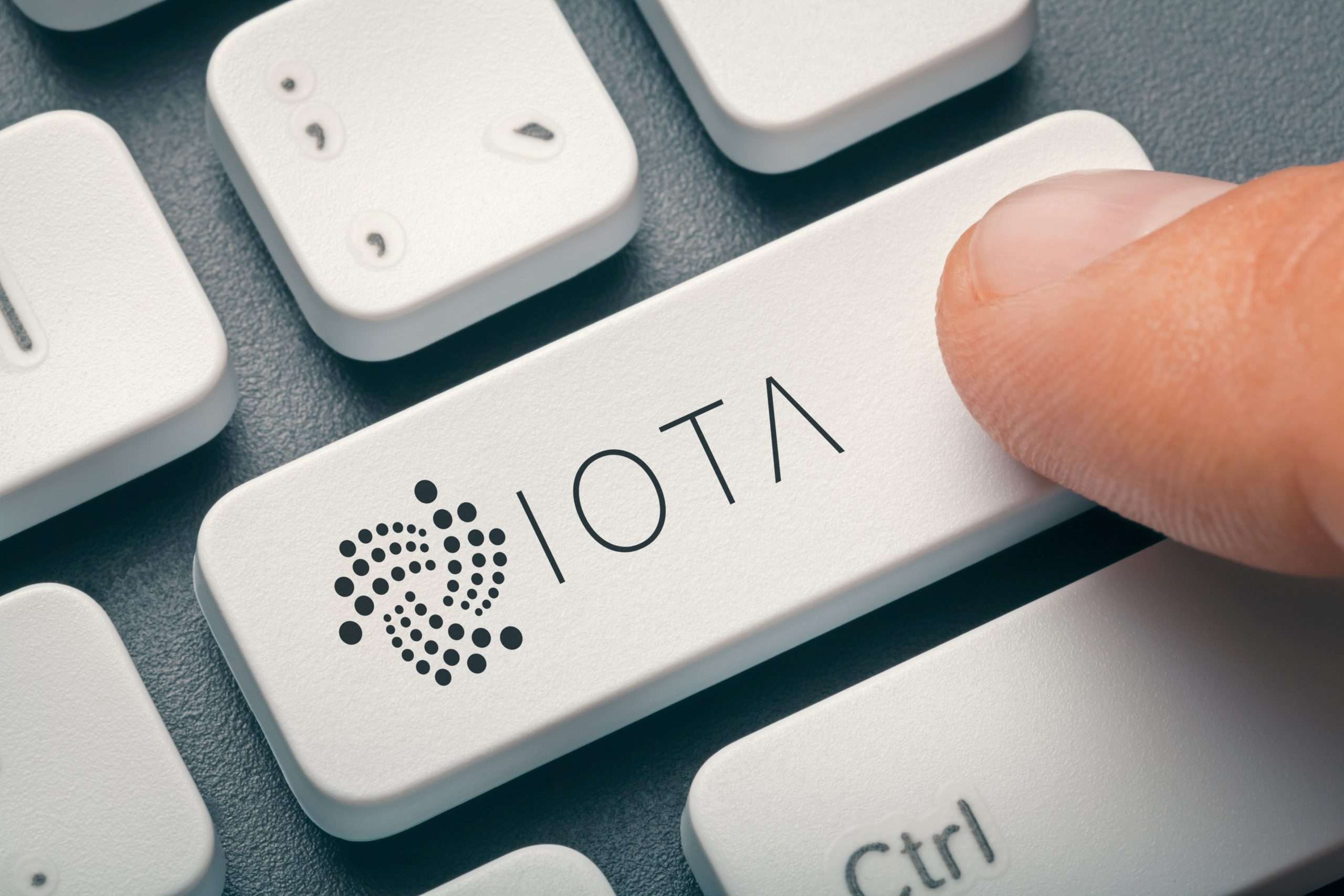El Salvador’s Bitcoin experiment is not over

In an interview this week, the CEO of bitcoin payments firm Strike said that El Salvador’s bitcoin-as-legal-tender experiment has not harmed his company in any way, noting that his only involvement in the project was that he gave President Nayib Bukele advice.
He also said he believed it had been a success, in a CoinDesk interview on Thursday (29 September), and asked whether the Central American nation should copy what the falling British pound is doing.
Likening the government’s year-old experiment of bitcoin joining the dollar’s legal tender to a homework assignment, Strike’s Jack Mallers asked when that would come, suggesting that the September 7 anniversary of legal tender bitcoin is not the end of the experiment.
“You’re talking about a country that historically has been crushed by inflation, crushed by banks like the Federal Reserve,” he added.
That said, the results have been dismal so far, given the amount the government has spent trying to convince people to use it — an estimated $375 million, excluding paper losses on bitcoin holdings — with so little success that, anecdotally, they have most merchants in San Salvador’s central business district have stopped accepting it, despite being required by law to do so.
Read more: After one year, the Bitcoin Currency Experiment has bombed
It’s money transfers, which should be the best place to send money home to El Salvador, as the country’s Chivo digital does it for free and in real time. Despite that, only 2% of transfers are sent through Chivo, and not all of it is bitcoin, as it can also be used to send dollars.
Beyond that, the wider economic damage includes alienating the International Monetary Fund (IMF), which has refused to go ahead with a loan that would help it avoid default in early 2023, and its government bonds have collapsed to the point where their current value of around 40 cents on the dollar is up almost 50% since July – but down from $0.85 last September.
Bitcoin payments have largely caught on in countries where the local currency suffers from severe or hyperinflation—Argentina’s, for example, at 80%, has that effect—but firstly, El Salvador’s inflation rate is below 8%, and secondly, it does not have a national currency to hyperinflate. The only other legal tender is the dollar.

Still, when he addressed the UN General Assembly last week, Bukele began with, “I bring you greetings from the land of surf, volcanoes, coffee, peace, Bitcoin and freedom,” He then spent a good portion of speech to freedom, complaining about rich and powerful countries bullying smaller neighbors – with a couple of swipes that were probably euphemisms for the International Monetary Fund.
“Freedom is something we still fight for in our country, because while we are free and sovereign and independent on paper, we won’t be until the powerful understand that we want to be their friends,” he said. following Cryptonoticias. “That our doors are open to build the best relationships … The essential requirement is that the powerful respect our freedom.”
See also: Take Bitcoin well into payments, Strike Partners with NCR, Shopify, Blackhawk

New PYMNTS study: How consumers use digital banks
A PYMNTS survey of 2,124 US consumers shows that while two-thirds of consumers have used FinTechs for some aspect of banking, only 9.3% call them their primary bank.


/cloudfront-us-east-2.images.arcpublishing.com/reuters/ECNDF6YYQRN4XEIA5YWA45Q53Y.jpg)





















